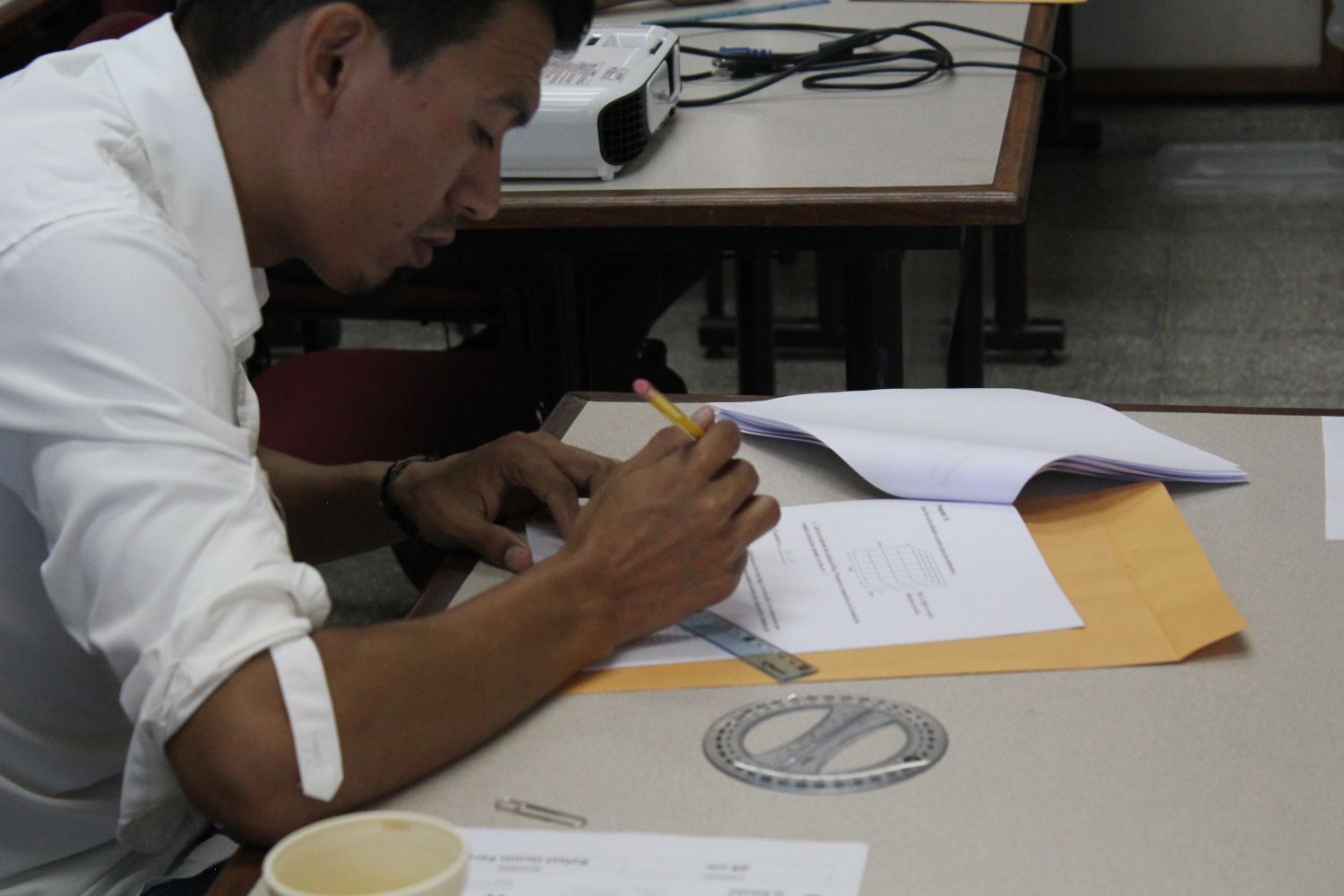.
Evidence-based approach
Consciente is one of the first Swiss organizations to consistently pursue an evidence-based approach. Our projects are designed on a basis of empirical evidence and are carefully evaluated using scientific methods. This unique effort has been honored by the Swiss Agency for Development and Cooperation (SDC) and Swiss Federal Institute of Technology (ETH) through the Impact Award 2017.
To conduct diagnostic and evaluation studies, Consciente partners with independent research institutions such as the University of Bern or the ETH Zurich. Scientific studies are not financed by private donations, but by contributions from our research partners.
.
How do we use scientific evidence?
Albeit well-intentioned, a project may still fail to achieve what it was designed for or even have adverse effects. To overcome this uncertainty, Consciente relies on empirical evidence.
Firstly, empirical evidence helps us design projects that are more likely to be effective. By developing a deeper understanding of the mechanisms leading to the problems that are to be addressed, we are able to devise a more effective solution strategy. Systematic reviews of evaluation studies on potential solutions that have already been tested give us further insights in what might work. This is why Consciente reviews empirical evidence when new projects are to be designed.
Furthermore, scientific methods enable us to carefully evaluate the impact of a newly designed project. This is why all our projects must first pass a trial phase during which they are carefully evaluated using scientific methods – whenever possible through so-called Randomized Controlled Trials. Only if a project proves to be effective will it be continued and expanded.
Last but not least empirical evidence can help us to improve further the projects that are to be continued. For this reason, we conduct evaluation meetings with local coordinators as well as online surveys with project beneficiaries and other relevant parties on a regular basis.

